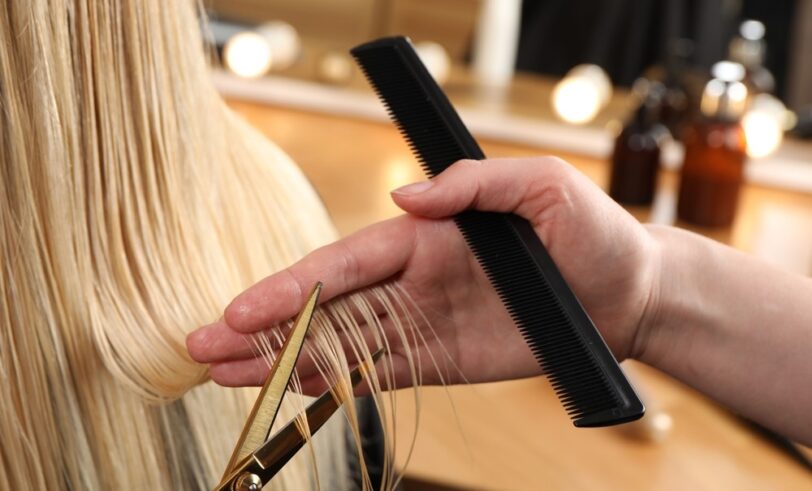You are not alone if you are unaware that there was a law on the books in the City of St. Louis prohibiting barbershops from remaining open past 6:30 p.m. from Monday to Saturday, as well as requiring them to remain closed on Sundays and certain holidays. Meanwhile, salons in the city are at liberty to operate during the hours the owner sees fit.
The origins of these restrictions date back to the Progressive Era of American history, a time when occupational licensing was implemented to prevent the spread of barber’s itch (a contagious staph infection of the hair follicles). At the time, it was believed that the additional step of a license to operate a barbershop, emphasizing standards such as sterilization and sanitation, would combat the spread of barber’s itch. Then, in the 1940s, more restrictions were placed on barbers, resulting in a law that restricted the hours of operation.
Despite the good intentions behind requiring barbers to obtain an occupational license, a multitude of studies suggest that occupational licensing laws have a minute effect on quality and simultaneously eliminate cheaper options for consumers. Additionally, restrictions on hours of operation prevent barbers from servicing all their clients. As Beverly Smith, owner of Artichely Hair Academy, noted:
And the reason why is because it would not allow us to do as many clients as we need to, because people work from nine to five. . . . And we can’t fit all the clients in on a Saturday.
Thankfully, the St. Louis Board of Aldermen passed Board Bill 103 12–0, repealing the mandatory 6:30 closing time and the prohibition on operating on Sundays and certain holidays.
While the bill does not repeal statewide occupational licensing for barbers (nor does the city have that power), it is a significant step in the right direction. If the board of aldermen chooses to pursue this path further, it should consider reviewing the licensing requirements for other occupations too and evaluate whether the local occupational regulations genuinely serves as a quality marker, given that studies indicate otherwise. As is often the case, the market is better at ensuring the quality of a shave or haircut or signaling the appropriate hours of operation for barbers. By continuing to reevaluate these regulations, the city can foster a more competitive environment that benefits both barbers and consumers alike.



